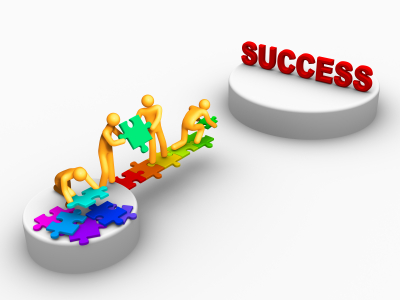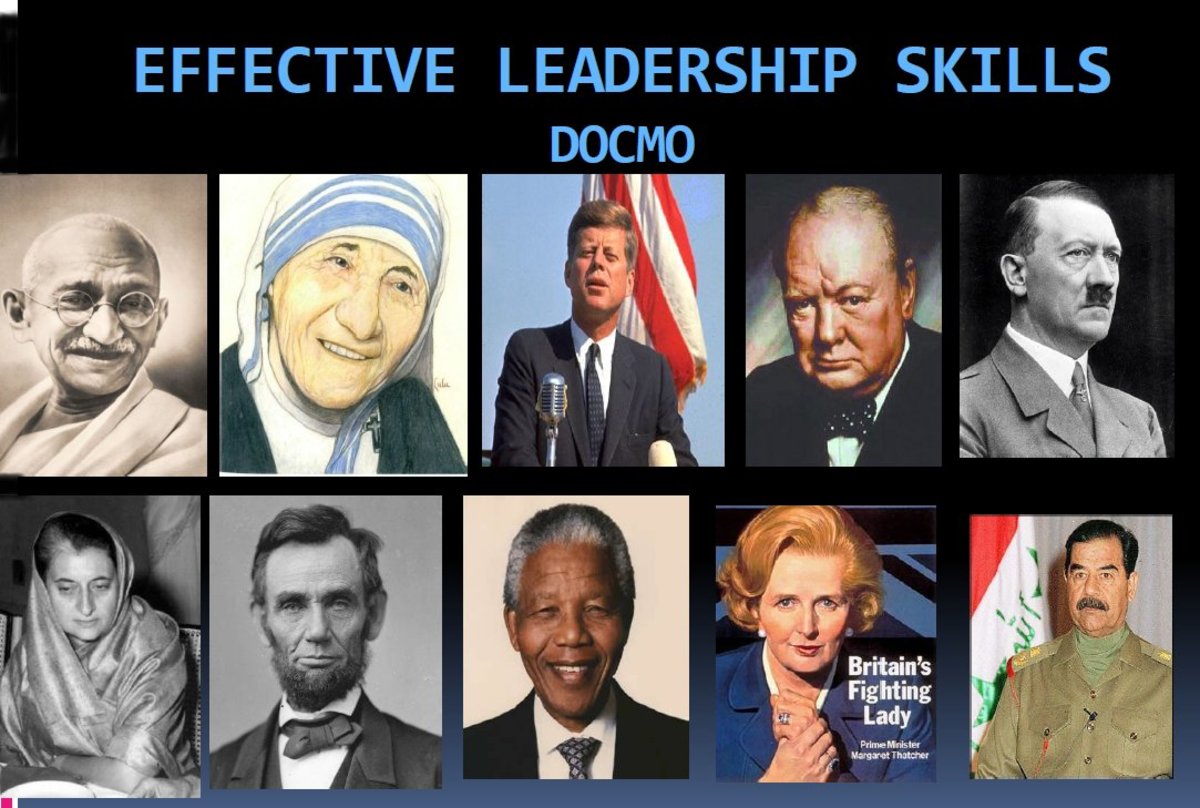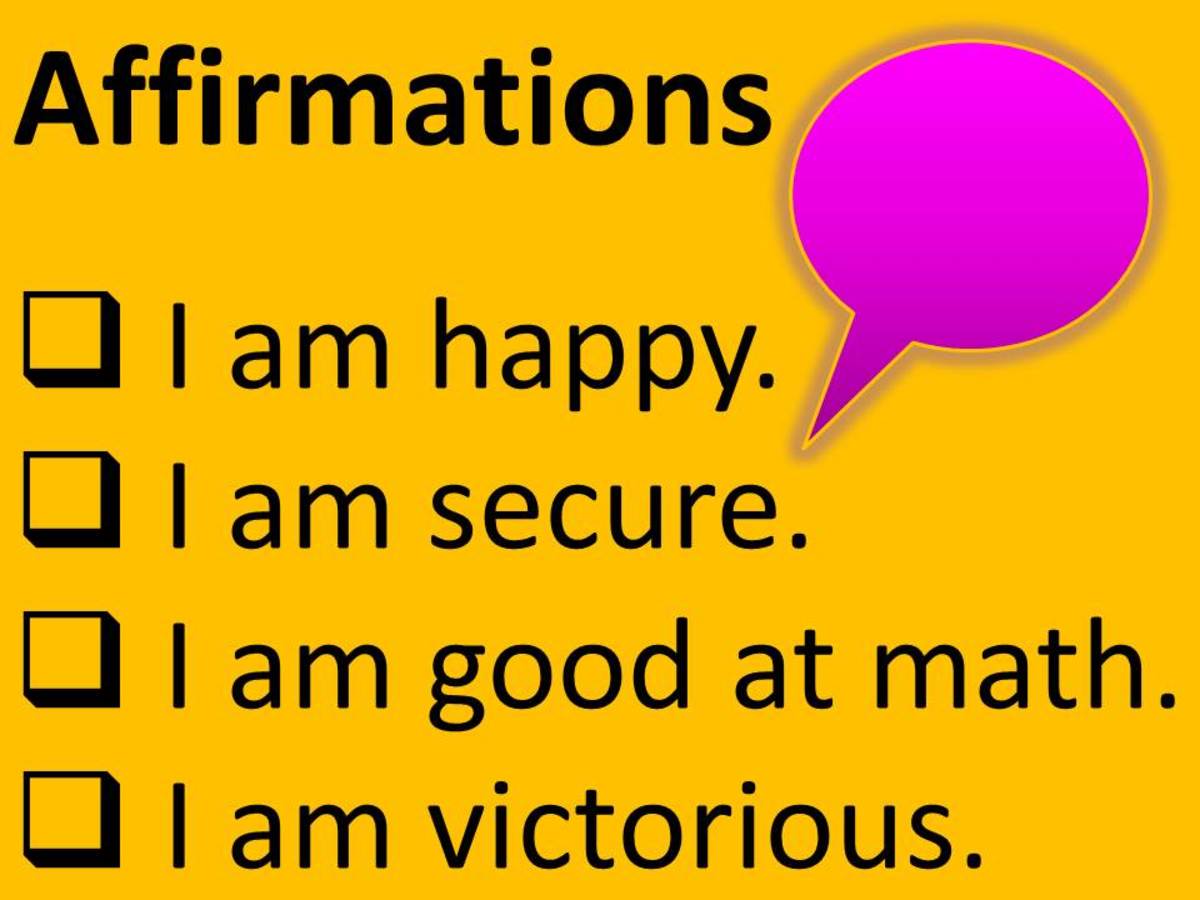Effective and Successful Teams: Is it Teamwork or Performance that Matters?

What is a Team?
"A
team is a small number of people with complementary skills who are
committed to a common purpose, performance goals, and approach for
which they hold themselves mutually accountable."
--The Wisdom of Teams
Yhe Value of Teams Vs. Effective Performance
Most people recognize the value of teams but habits, demanding time schedules and untested assumptions prevent most teams and organizations from taking full advantage of the opportunities to use teams to get work done and achieve desired outcomes.
In order for teams to be
effective, team leaders and team members must apply what is already
known about teams in a disciplined way to achieve performance potential.
Teamwork for Success

Effective Teamwork: the Most Important Success Factor
A
truly committed team is the most effective and productive unit that
exists in most business organizations. In their classic book about
teams, The Wisdom of Teams, Katzenbach and Smith (1993) state:
"Within teams, there is nothing more important than each team member's commitment to a common purpose and set of related performance goals for which the group holds itself jointly accountable......It is not just that 'the money is on the back' of every individual member, but that the same monkey is on all their backs together. Without this internal team discipline, the team's potetial accomplishments will come up short." (p. 44)

Barriers to Teams Realizing Their Potential
There are three main reasons that groups fail to become teams.
1. The group does not develop a common purpose that they own
2. Without a common purpose, a group usually can't translate their idea into specific and actionable goals.
3.
Without a focus on performance or a lack of effort or poor leadership,
groups do not gel. They don't get behind a challenging aspiration.
High Performance Teams
What can an aspiring business team builder do to ensure they build a high performance team?
1.
Spend a lot of time in the beginning weaving the aspirations and dreams
of individual team members into a jointly created team purpose. Treat
your team purpose like a treasured living being in need of constant
nurturing and care. A shared purpose will build from shared stories
about what customers need and want and external and internal
capabilities and constraints.
2. Talk about your purpose and the team identity that makes your team more than the sum of the individual team members.
3.
Define a team work-product that requires roughly equal contributions
form all the people on your team to make something specific happen.
Weave Together Purpose and Performance
Both
a team purpose and specific performance goals are needed for team
success. You can start with specific performance goals and gradually
evolve a broader purpose. Many times a team starts with a "noble
aspiration" and then shape measurable goals.
Develop a Common Approach
Successful
teams also develop a common approach--a common "how"--how they will
work together to accomplish their purpose. Spend at least as much time
on how you will do your work as you spend on shaping your purpose.
From The Wisdom of Teams:
"...every
member of a team must do "equivalent" amounts of real work that goes
beyond commenting, reviewing, and deciding. Team members must agree on
who will do particular jobs, how schedules will be set and adhered to,
what skills need to be developed, how continuuing membership is to be
earned, and how the group will make and modify decisions, including
when and how to modify it's approach to getting the job done."

Your Business Team Check Up
___1. We have developed (or are developing) a jointly created team purpose. Our team purpose is: ____________.
___2.
We have a team work-product that requires roughly equal contributions
form all the people on our team to make something specific happen. Our
team work-product is: _____________________.
___3. We have specific, measurable team performance goals. One of our goals is: ________________.
___4. We have a common way that we have agreed to work together. Our way is: _______________.
___5. On balance, every member of our team does "equivalent" amounts of real work.
___6. We know who will be doing particular jobs. An example is: ______________.
___7. We know how our work schedules will be set and adhered to.
___8. We know what skills need to be developed. For example: ___________________.
___9. We are clear how continuuing membershp is to be earned. We have agreed that: ____________________.
___10.
We have a clear and commonly agreed to process for making and modifying
decisions (including when and how to modify our approach to getting the
job done).
Teams Don't Just Get Along--They Get things Done
Often
people accuse another person of not being a team player because the
accused person doesn't seem to be contributing to "getting along" or
being "helpful". Yet, getting along, going along and being helpful is
not enough to meet most challenges that teams face. There are skills
that contribute positively, like listening and giving the benefit of
the doubt to others.
A really effective powerful team is a group
of people who agree on a specific performance goal and hold themselves
collectively accountable for achieving it.
Reference:
J.R. Katzenbach and D.K. Smith (1993). The Wisdom of Teams: Creating
the High-Performance Organization. New York: Harper-Collins.
© 2009, Kate Williams and Achieve Northwest








